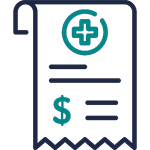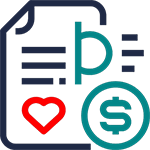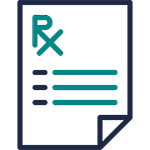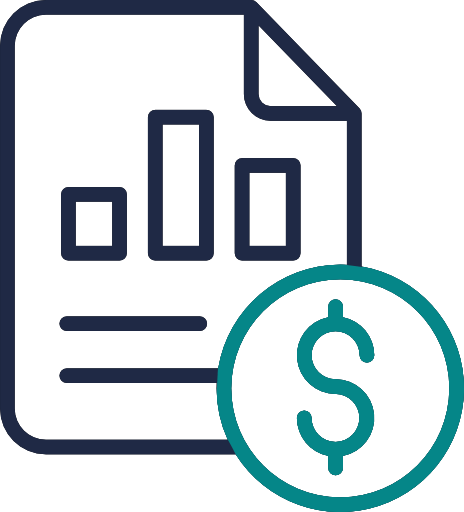When it comes to medical billing, there’s an essential aspect that healthcare providers must not overlook: medical billing HIPAA compliance. You might wonder,What is HIPAA compliance, and why is it so important? Well, let’s move further and find out!
HIPAA stands for the Health Insurance Portability and Accountability Act. In simple terms, HIPAA is a set of rules designed to protect patient’s sensitive health information. These rules apply to healthcare providers, insurance companies, and any other organization handling patient data. In addition, ensuring HIPAA compliant billing is vital as it safeguards patients’ privacy and prevents data breaches.
Understanding HIPAA Compliance
HIPAA, the Health Insurance Portability and Accountability Act, is a federal law in the United States. It simply is billing information protected under HIPAA. The main purpose of it is to protect patient information from unauthorized access and potential misuse. By setting strict guidelines, HIPAA in medical billing ensures that healthcare providers and billing entities handle medical data with utmost confidentiality and integrity. So, no chance you will be spared if you violate HIPAA laws.
Importance of HIPAA Compliance
HIPAA compliance is vital because it shields patient privacy and maintains the trust between patients and their healthcare providers. When medical records are kept secure, patients can feel confident that their personal information is protected from potential identity theft or fraud.
This is the key to success for HIPAA compliance.
Moreover, adhering to HIPAA regulations protects healthcare organizations from the legal ramifications of HIPAA violations. A data breach or violation can lead to significant penalties and even legal actions, damaging an organizations reputation and financial stability.
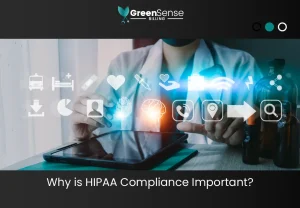 To achieve HIPAA compliance, healthcare providers and billing companies must adopt best practices for safeguarding PHI. These include training employees regularly on data handling best practices, implementing strict access controls, encrypting sensitive data, and conducting routine security audits.
To achieve HIPAA compliance, healthcare providers and billing companies must adopt best practices for safeguarding PHI. These include training employees regularly on data handling best practices, implementing strict access controls, encrypting sensitive data, and conducting routine security audits.
Additionally, maintaining HIPAA compliance facilitates smoother communication and cooperation between healthcare providers and insurance companies. It ensures that medical billing processes are efficient, accurate, and transparent, benefiting all parties involved.
Compliance Measures
Continuous monitoring and improvement are essential to address emerging threats and vulnerabilities effectively. Organizations should also have clear policies and procedures in place to respond promptly and effectively to any security incidents or data breaches.
Consequences of Non-Compliance
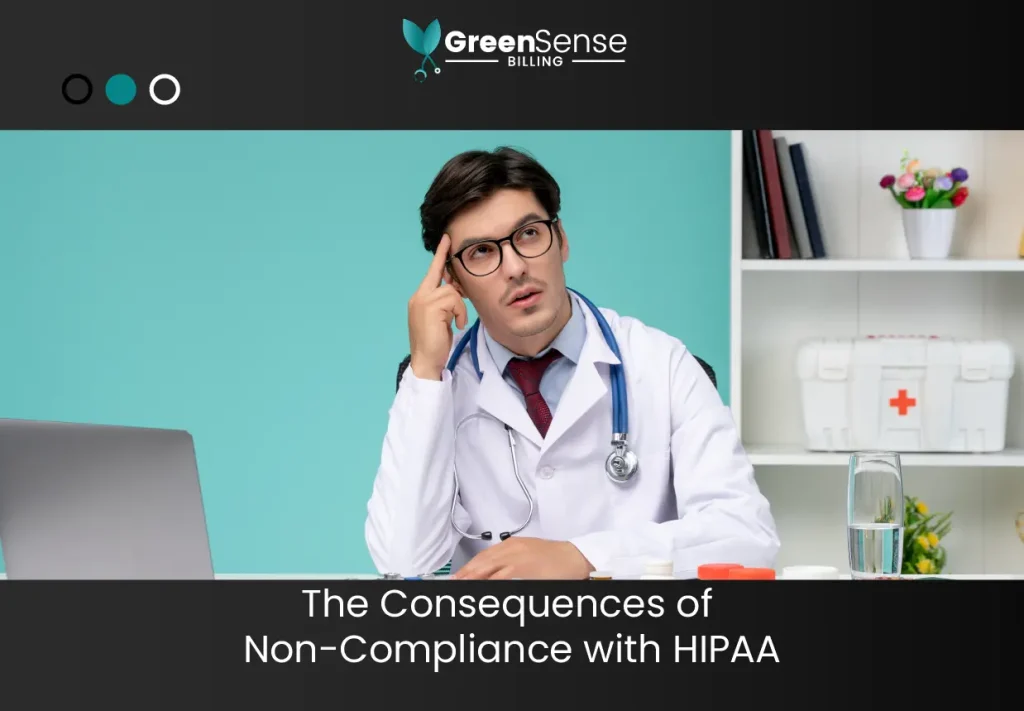
Failure to comply with HIPAA regulations can have severe consequences for healthcare providers as billing information is
protected under HIPAA. In case of a data breach or violation, organizations may face hefty fines and penalties from regulatory authorities. These fines can be financially crippling, especially for small healthcare practices or medical billing companies.
Beyond the financial aspect, non-compliance can tarnish an organization’s reputation and erode patient trust. Patients may feel hesitant to share their sensitive medical information, leading to a breakdown in communication and care quality.
Conclusion
As evident, HIPAA compliance for healthcare providers is of utmost importance in medical billing. It safeguards patient privacy, fosters trust, and ensures the smooth functioning of the healthcare system. Healthcare providers and billing entities must diligently follow HIPAA guidelines to protect sensitive data and prevent potential legal troubles.
By investing in robust security measures and promoting a culture of compliance, organizations can uphold patient trust, maintain their reputation, and contribute to a safer and more reliable healthcare ecosystem.
FAQs
1- Does HIPAA apply to billing information?
Yes, HIPAA applies to billing information protection.
2- What is the key to success for HIPAA compliance?
Regular training is a key to success for HIPAA compliance.
3- Who is responsible for enforcing HIPAA security rules?
Healthcare providers are responsible for enforcing HIPAA security rules.

